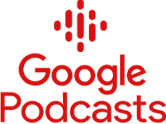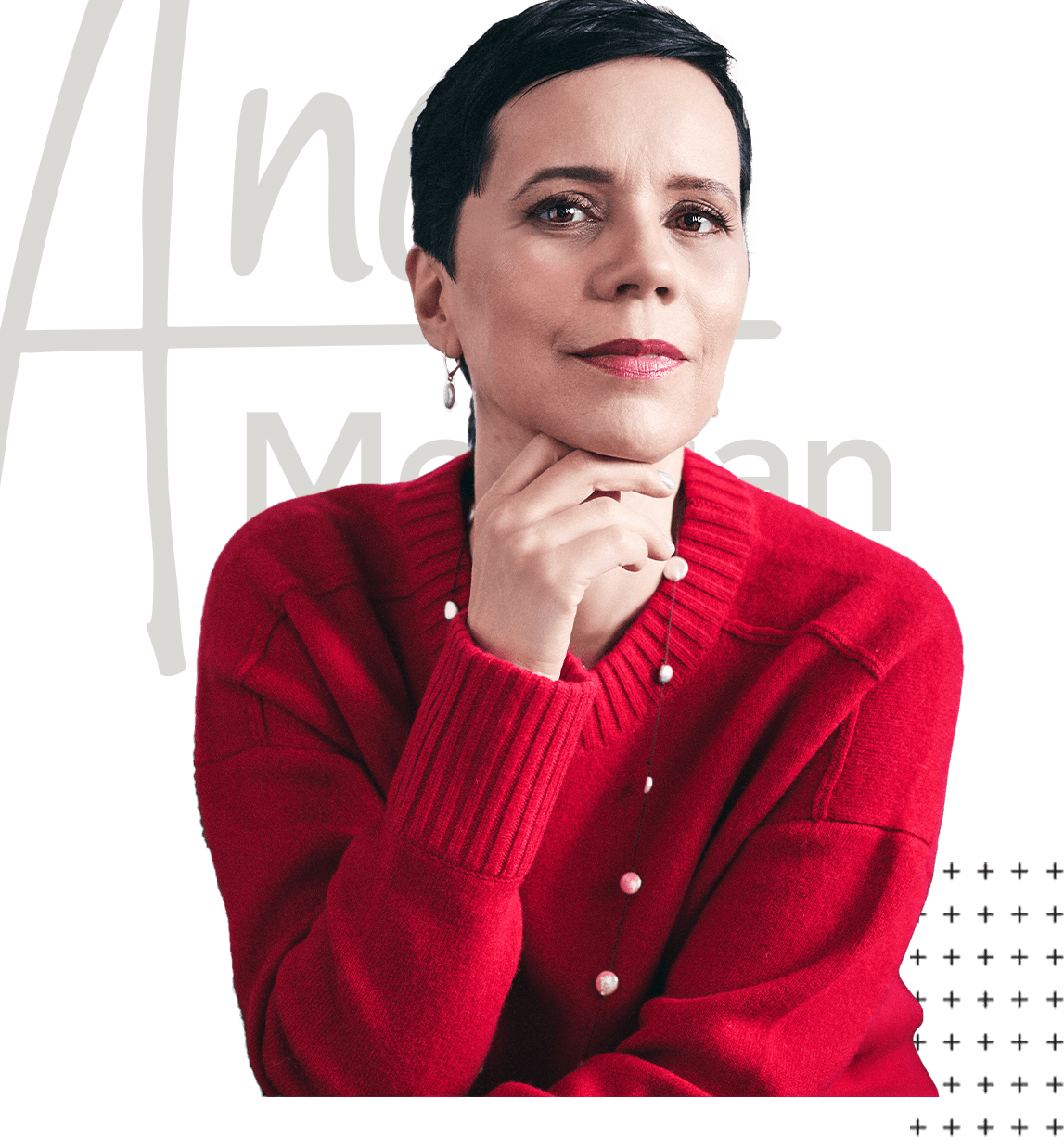Impact Without Burnout: Dr. Zippy interviews Dr. Ana Melikian
“We can achieve much more. We can contribute to society, make an impact, and make a difference out there. If we are refreshed, re-energized. In our full power.”
– Ana Melikian
I recently had the pleasure of being interviewed by Dr. Zippy, a visionary leader with a deep-rooted passion for human development and growth. We tackle the ever-present issue of burnout. What is it, and how do we navigate it? Or even better—how do we avoid it?
We discuss:
- The three dimensions of burnout
- Taking our health into our own hands
- Striking the balance between achieving meaningful results and prioritizing our well-being
The three dimensions of burnout
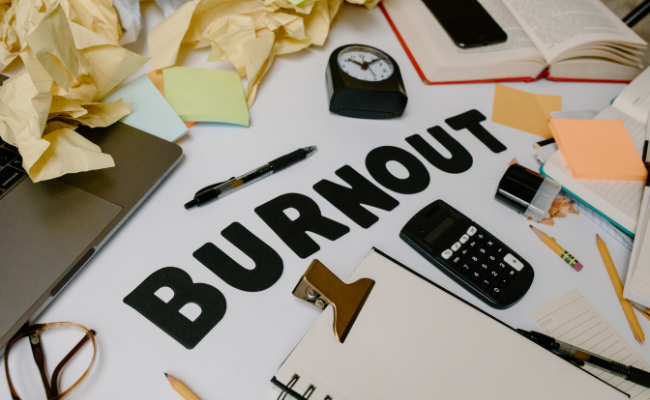
Everyone has a perception of what burnout is. Even if definitions vary from person to person, if we ask enough people, we can identify the three different components of burnout:
- Exhaustion—this is what most people think of, the image of a burnt-out match, nothing else to give
- Disconnection, demotivation, cynicism about what they do—why bother? Think of the teachers who resent their students and the profession in itself
- Lack of efficiency—low productivity, self-doubt, feeling negative about oneself, “Why can’t I keep up?”
Burnout is not an on or off-state; it’s more the extreme negative end of a continuum. On the positive end, we have optimal engagement, feeling the flow of peak performance, and a sense of purpose and connection. In between, we have over-extension and disengagement.
If we don’t take preventive measures, we can burnout to the point that we have to take a considerable amount of time to recover, or the circumstances that lead to burnout can trigger mental or physical illnesses.
If you wake up one morning feeling tired, okay—maybe that was just a bad night's sleep. But if it's chronic exhaustion every morning, that is a red flag waving to tell you it’s time for a change. Your body is not getting enough time to recover mentally and physically.
These are a few indicators that you are burning out:
- You’re having to drag yourself out of bed and fight with your alarm
- You’re procrastinating on tasks you normally would enjoy completing
- You can’t pinpoint the source of your exhaustion, it seems everywhere
Taking our health into our own hands
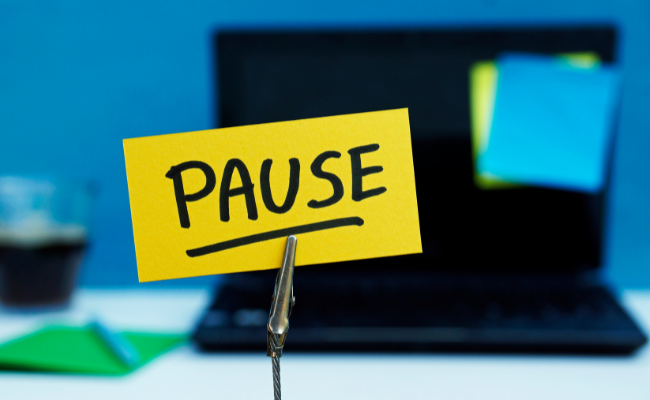
When we’re in school, we can push ourselves harder and harder knowing that a built-in break will come—summer, Christmas vacation, spring break—and we’ll have time to recharge, recover, and return renewed for the next semester.
The rest of life isn’t like that. More often than not, there are no built-in breaks. So, we must take our recovery time into our own hands and be deliberate with our health. We must delve into self-awareness to avoid running on empty.
That’s why I developed the PIE Method. We can navigate high-achieving tendencies without burnout through Pausing, Increased self-awareness, and Experimentation. We have the power to avoid burnout and regain our motivation—to have an impact without the strain of overworking ourselves.
Striking the balance between achieving meaningful results and prioritizing our well-being
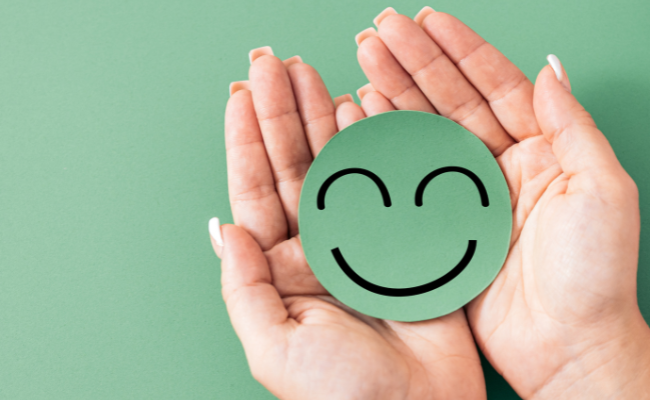
Think of yourself as a pencil. A pencil can do amazing things—write, draw, create. We can even write with regular pencils in space, unlike regular pens. Versatility is a trademark of a good, old-fashioned number two pencil.
We can start with a sharp point, but the more we write, sketch, and create, a blunt end forms, no matter what angle we write with. If we’re too busy to pause and sharpen the pencil, the work quality suffers, and so does our health.
Look at athletes—they know the importance of a pause and recovery. Their bodies will simply not perform at their best when they don’t take the time they need to recuperate.
Though we may not be gymnasts or track stars, we have the same duty to our bodies (and minds) that athletes do. We’re responsible for providing ourselves with the rest we need to perform without burning out or blunting our edge.
Give yourself rituals for transitioning from the work day into the evening, and let yourself detach. Build that time into your schedule, or your body will build it in for you—oftentimes not in a preferred way.
The more we take care of our bodies, mental health, and spiritual needs, the more we can make a difference in the world.
How have you adopted transitional times into your routine? What dimension of burnout have you struggled with the most?
Be sure to check out the full episode for further insight into self-awareness and avoiding burnout!






